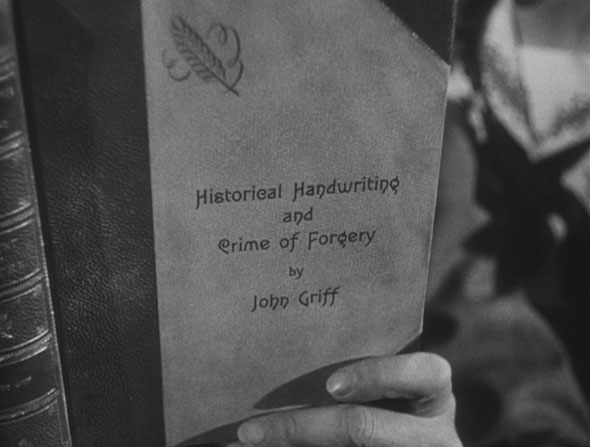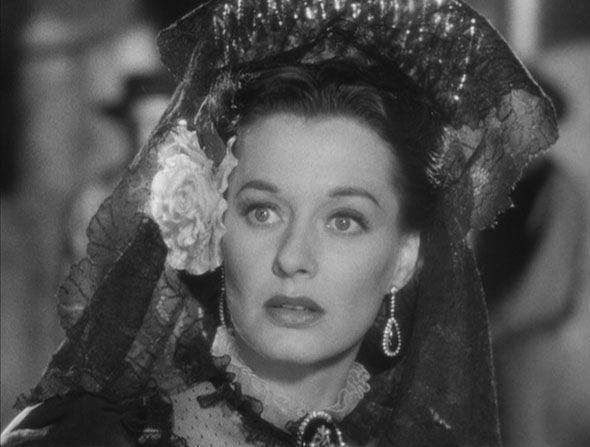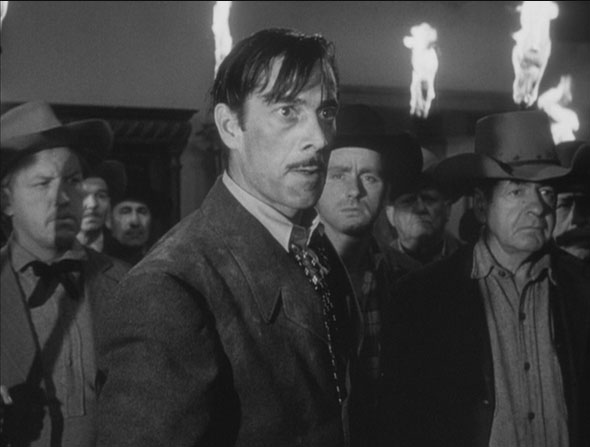Our guy (played by the director) has a new wife Gabrielle, is tired of working for his dad installing burglar alarms, so he pretends to work for Time to interview a basketball star, figuring if he can sell the interview to Time afterwards then he basically told the truth. Less justifiable is hanging out in a hospital doing real surgeries with no training. He spends some time in prison for that one, then escapes. “That afternoon I went to Cocteau’s Beauty and the Beast to get my mind right,” hell yeah. He identity-thieves his way into Yale, calls himself Pepe le Mofo, sees a band called Fantomas Judex, has a grand time while his pregnant wife is left forgotten at home. I’m not clear how they both end up at the same masquerade, but after they win best costume he goes back to the family, donating blood to get by. Suddenly he’s a fake lawyer, meeting the mayor, a promising young political volunteer, until the cops arrive because his wife sold him out.

Harris is narrating much of the time. Lines repeat, characters talk into camera, reminded me of Story of a Three-Day Pass. Terrific end credits scene, the frog/scorpion story told by an array of readers fast-cut together. Won a Sundance grand prize (over Metropolitan, To Sleep With Anger, The Unbelievable Truth, The Plot Against Harry), and feels at times very much like a 1990 Sundance movie. Based on the life of a real guy who, per a delightful Film Stage interview with the director, hated the movie but appreciated the residual checks he got from it.











